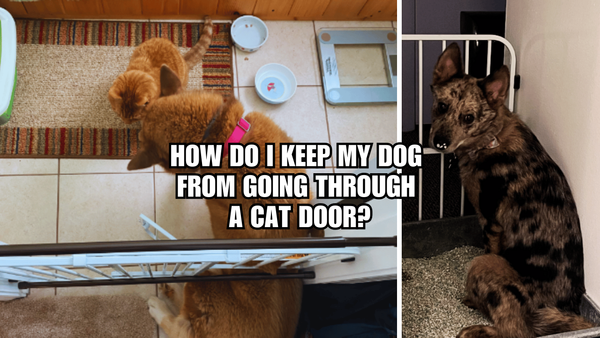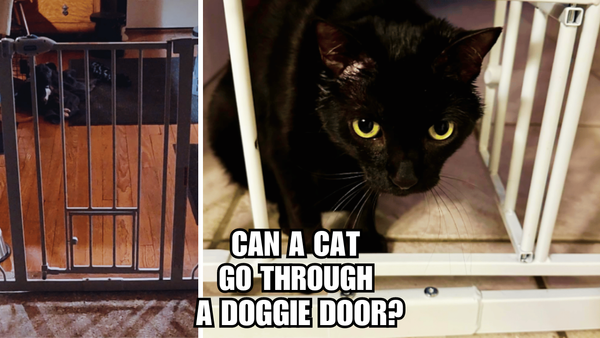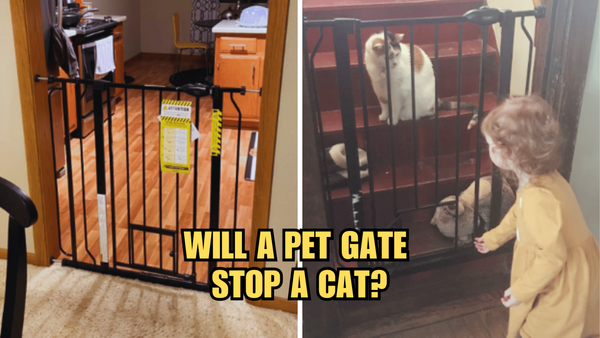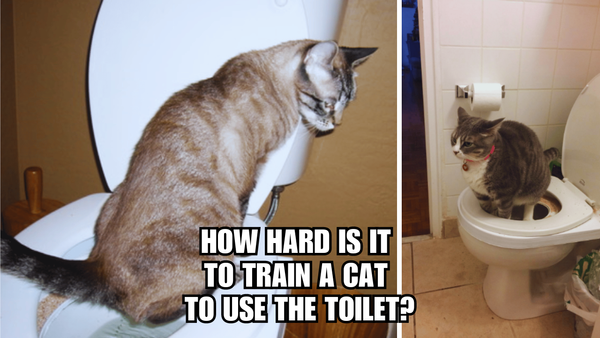Key Takeaways:
- Understanding the potential risks and benefits of melatonin in cats is crucial before administration.
- Dosage and safety depend on the cat's health status and any concurrent medications.
- Always consult with a veterinarian before giving melatonin to your cat.
Melatonin is a naturally occurring hormone that regulates the sleep-wake cycle in humans and animals. While it's commonly used as a sleep aid in people, pet owners often wonder, "is it safe to give a cat human melatonin?" This article will delve into the safety and considerations of administering melatonin to cats, the potential benefits and risks, and the importance of veterinary guidance.
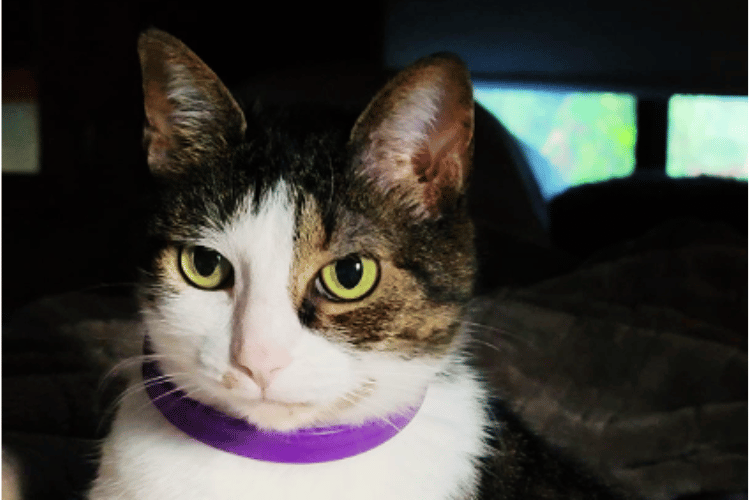
What is Melatonin?
Melatonin is a hormone produced by the pineal gland in the brain. It helps control sleep patterns in both humans and animals. While melatonin supplements are widely available for human consumption, their use in veterinary medicine is less common and requires more research.
Melatonin for Cats: A General Overview
Cats, like humans, can suffer from sleep disorders and disruptions in their sleep-wake cycle. Melatonin for cats has been considered for various conditions, including sleep issues, hair loss, and behavioral problems. However, the use of melatonin in cats is not as well-documented as in humans or even dogs.
The Safety of Human Melatonin in Cats
When it comes to the question, "is it safe to give a cat human melatonin?" the answer is not straightforward. Human melatonin products may contain additives or dosages that are not suitable for cats. It's essential to use products that are specifically formulated for animals or prescribed by a veterinarian.
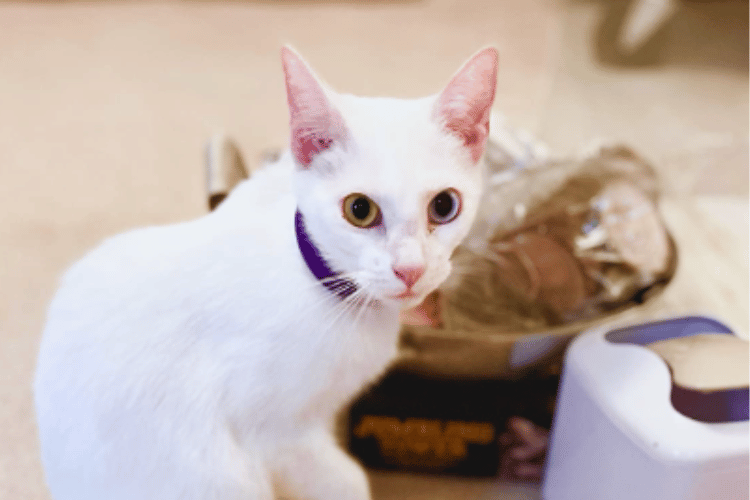
Potential Benefits of Melatonin in Cats
Melatonin may offer several benefits for cats, including aiding in sleep cycles, reducing anxiety, and helping with conditions like alopecia or cognitive dysfunction in older cats. However, these benefits should be weighed against potential side effects.
Understanding Dosage and Administration
The melatonin dosage for cats can vary widely based on the cat's size, age, and health condition. It's crucial to consult with a veterinarian to determine the appropriate dosage and to ensure it does not interact with other medications your cat may be taking.
Risks and Adverse Reactions
While melatonin is a natural hormone, it can still cause adverse reactions in cats, such as gastrointestinal upset, changes in fertility, or interactions with other hormones. Higher doses can lead to more severe side effects, such as high blood pressure or heart disease.
Melatonin and Other Health Conditions
Cats with certain health conditions, such as kidney disease, adrenal disease, or high blood pressure, may be at higher risk for complications when given melatonin. It's important to fully disclose your cat's health history to your veterinarian. Melatonin's Influence on Cat's Sleep-Wake Cycle Cats, much like humans, have an internal clock that regulates their sleep-wake cycle, and melatonin plays a pivotal role in this process.
When the lights dim at night, a cat's body naturally produces melatonin, signaling it's time to wind down and prepare for sleep. However, in certain situations, such as changes in the household schedule or travel that induces jet lag, this cycle can be disrupted. Supplementing with cat melatonin might be suggested by a vet to help re-establish a regular sleep pattern, although it's essential to proceed with caution due to limited studies on the long-term effects.
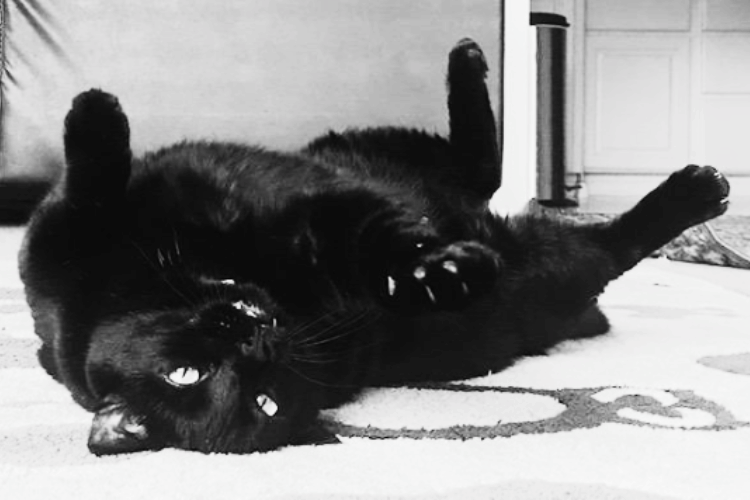
Administering melatonin to cats can potentially treat disrupted sleep patterns and induce sleepiness, which can be particularly beneficial for pets that are restless or experiencing insomnia at night. The dose is crucial; too much can lead to adverse effects, while too little may not provide the desired benefit. It's also important to consider the form of melatonin—whether it's integrated into food, given by mouth, or available in a slow-release formulation. Always consult with a vet to determine the appropriate product and dosage for your feline friend's unique needs.
Melatonin's Role in Managing Feline Estradiol Levels Melatonin isn't just for sleep; it may also play a role in managing estradiol levels in cats. Estradiol is a form of estrogen, and while it's a crucial component of a cat's body, imbalances can lead to health issues. In some cases, vets might explore the use of melatonin to treat conditions related to hormonal imbalances. For instance, melatonin has been used in conjunction with other medications to manage conditions like feline alopecia, which can sometimes be influenced by hormone levels.
However, the use of melatonin for hormonal regulation in cats is still an area with limited studies, and it should never be attempted without the guidance of a vet. The life stages of a cat, including pregnancy, can significantly affect hormone levels, and any intervention with melatonin should be approached with care. It's also worth noting that not all brand names or formulations of melatonin are safe for cats, so it's crucial to use only vet-recommended products specifically designed for pets.
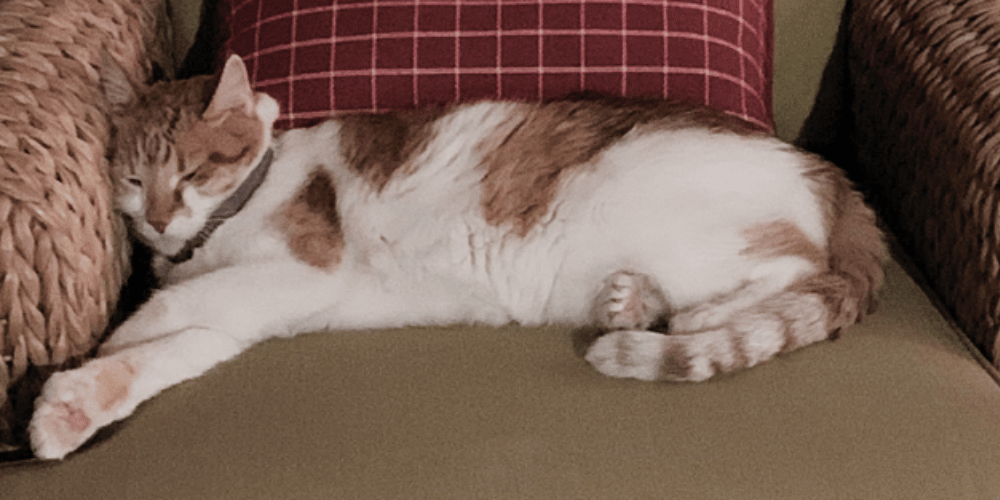
The Importance of Veterinary Consultation
Before giving your cat any supplement, including melatonin, it's imperative to consult with a veterinarian. They can provide guidance on whether melatonin is appropriate for your cat's specific situation and how to safely administer it.
Choosing the Right Melatonin Product
Not all melatonin products are created equal. When selecting a melatonin supplement for your cat, look for good quality brands that are recommended by veterinarians and free from harmful additives.
Melatonin and Behavioral Issues
Some cats experience behavioral issues due to stress or anxiety. Melatonin has been considered as a treatment to help manage these problems, but its effectiveness is still under investigation, and more research is needed.
Melatonin and Sleep Disorders in Cats
Cats can experience sleep disorders that disrupt their natural sleep patterns. Melatonin may help regulate their sleep cycles, but it should be used with caution and under veterinary supervision.
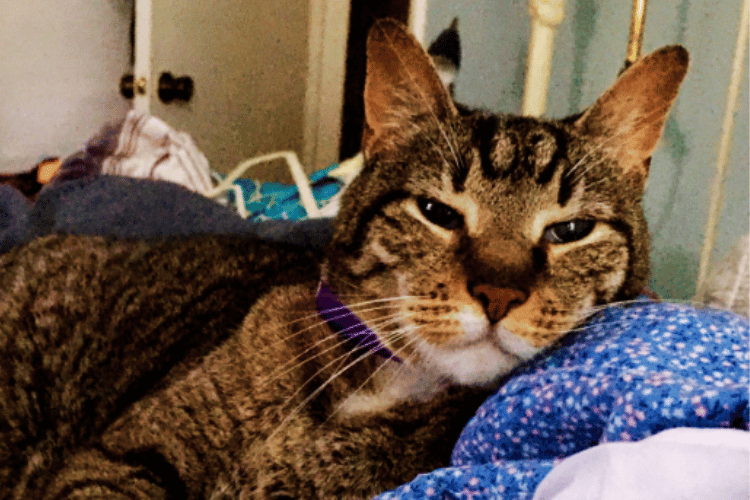
The Role of Melatonin in Feline Alopecia
Hair loss, or alopecia, in cats can sometimes be addressed with melatonin. However, the underlying cause of the hair loss should be determined to ensure that melatonin is an appropriate treatment.
Melatonin and Feline Cognitive Dysfunction
As cats age, they may develop cognitive dysfunction, similar to dementia in humans. Melatonin has been suggested to help with sleep problems associated with this condition, but its use should be carefully considered.
Interactions with Other Medications
Melatonin can interact with other medications, such as sedatives or hormonal therapies. It's essential to discuss all of your cat's current medications with your veterinarian before starting melatonin.
Summary
Melatonin can potentially be beneficial for cats with certain conditions, but its use must be approached with caution. The safety of giving a cat human melatonin depends on various factors, including the cat's overall health, the presence of other medical conditions, and the specific melatonin product used. Consulting with a veterinarian is crucial to ensure the safe and effective use of melatonin in cats.
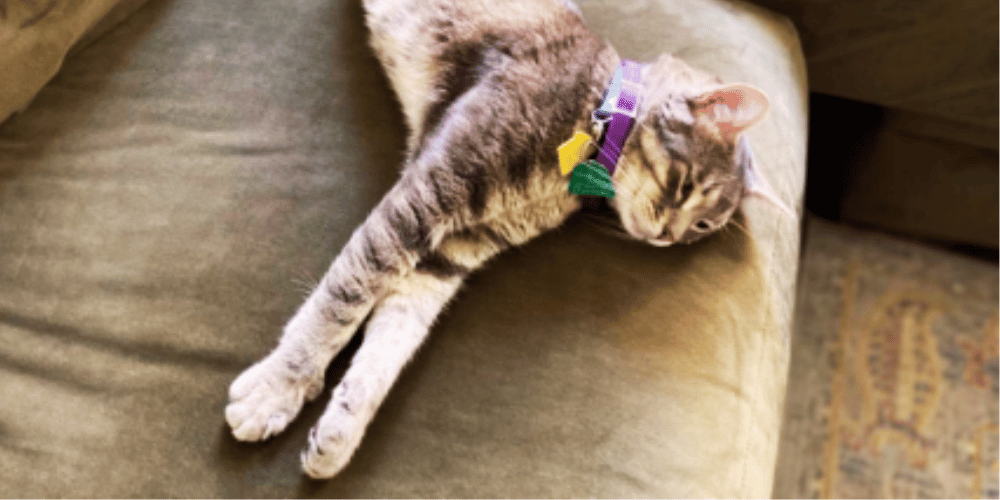
FAQ Section
How much melatonin can I give my cat?
The appropriate melatonin dosage for a cat depends on the cat's weight, age, and health status. Always consult with a veterinarian to determine the correct dosage for your cat.
Can melatonin cause side effects in cats?
Yes, melatonin can cause side effects in cats, including gastrointestinal upset, hormonal imbalances, and interactions with other medications. It's important to monitor your cat closely and report any adverse reactions to your veterinarian.
Is melatonin safe for all cats?
Melatonin is not safe for all cats, especially those with pre-existing health conditions like kidney disease, adrenal disease, or high blood pressure. Always seek veterinary advice before giving melatonin to your cat.
Thank you for visiting LegitLists we hope this helps you make a legitimate choice!


